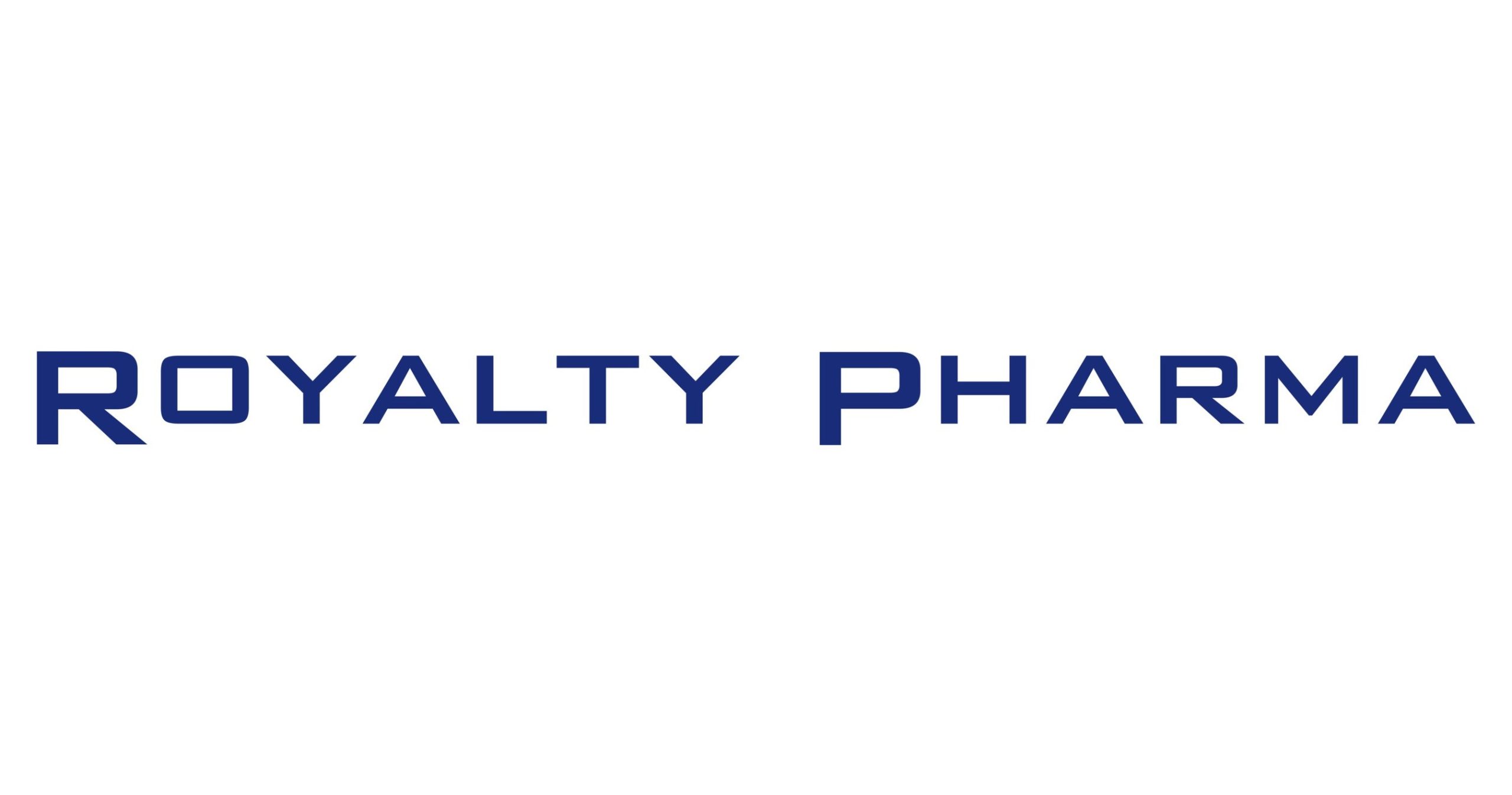Roche Dives into Obesity and Diabetes Market with $2.7 Billion Acquisition of Carmot Therapeutics

Swiss pharmaceutical giant Roche has entered into a significant deal to acquire US biotech firm Carmot Therapeutics, marking its foray into the competitive market for incretin-based therapies targeting diabetes and obesity.
The deal, valued at $2.7 billion upfront in cash and potentially up to $400 million in milestone payments, positions Roche to compete with established players like Eli Lilly and Novo Nordisk. Carmot’s pipeline includes CT-388, a dual GLP-1/GIP agonist, which, like Eli Lilly’s Mounjaro and Zepbound products, is set to undergo phase 2 testing for obesity treatment. This strategic move underscores Roche’s interest in the burgeoning market for incretin-modulating obesity therapies, with analysts predicting significant growth to $71 billion within the next decade.
Carmot’s portfolio also features CT-868, a dual GLP-1/GIP agonist in phase 2 testing for treating type 1 diabetes patients with obesity, and CT-996, a once-daily oral GLP-1 receptor agonist in phase 1 as a potential obesity therapy. Roche, traditionally not a major player in the diabetes and metabolic disorders category, aims to leverage Carmot’s assets to tap into the increasing demand for weight-centric approaches to cardiovascular and metabolic diseases.
The acquisition provides Roche with exclusive access to Carmot’s Chemotype Evolution discovery platform, strengthening its research and development efforts in these therapeutic areas. Carmot’s lead asset, CT-388, has demonstrated promising results in phase 1 trials, showing statistically significant weight loss and improvements in oral glucose tolerance testing. Roche plans to explore combinations with its existing pipeline candidates, such as muscle-preserving drugs like GYM329. The move aligns with Roche’s commitment to addressing the global health burden of obesity and related diseases, offering potential improvements to patient care and outcomes.





